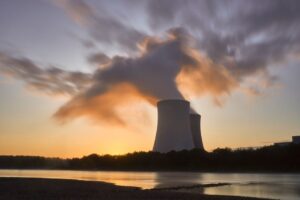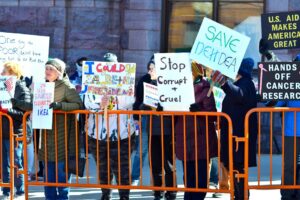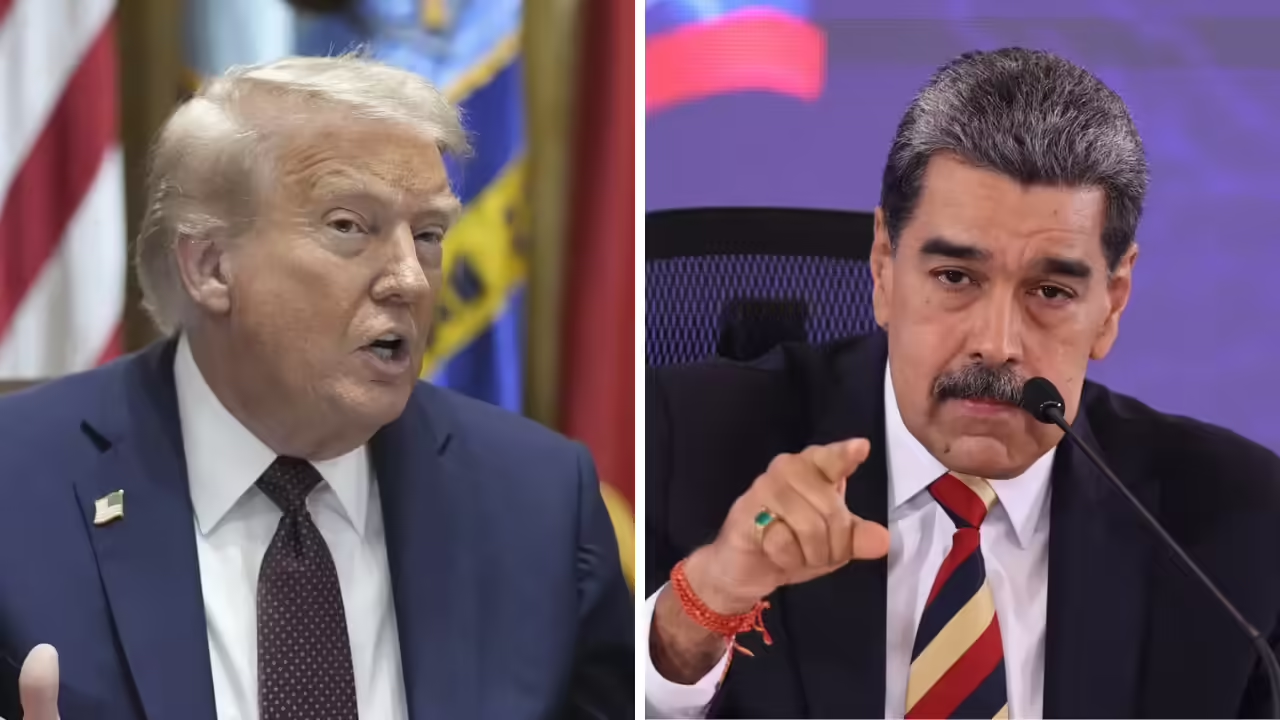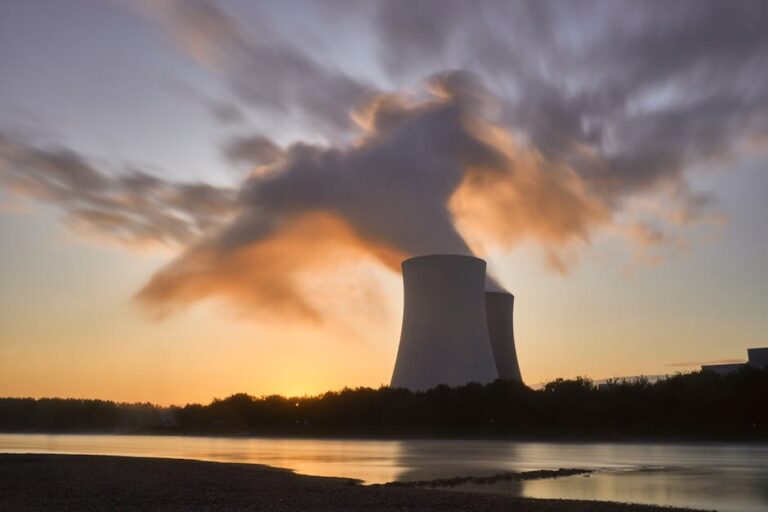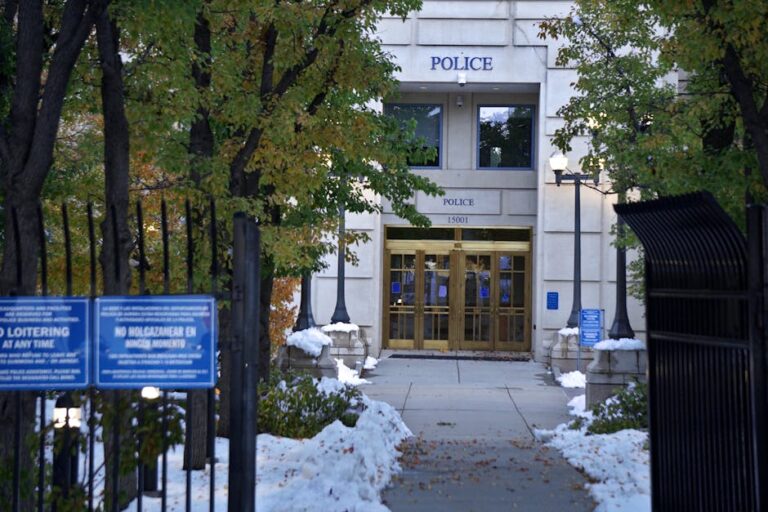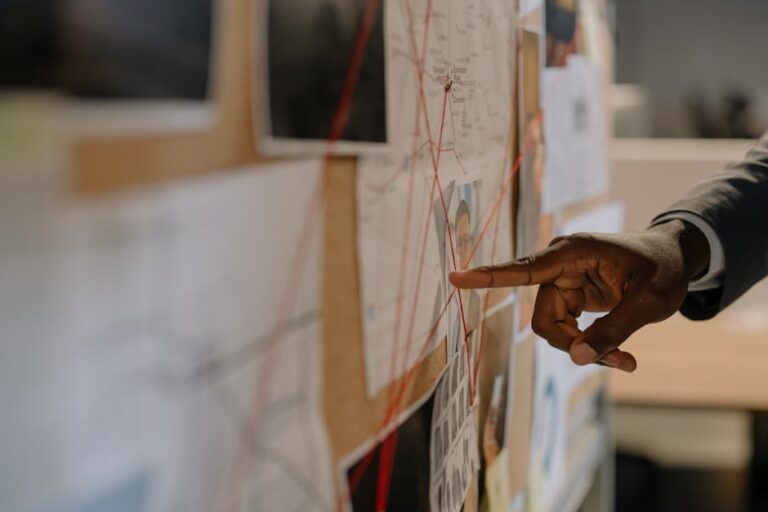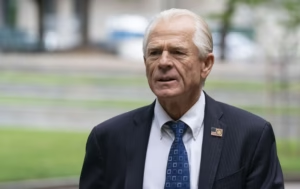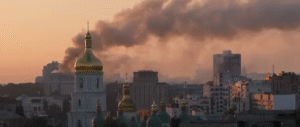In a dramatic escalation of rhetoric and military positioning, Venezuelan President Nicolás Maduro — long branded by critics as a dictator — claimed this week that he has rallied 8 million citizens into a militia to defend Venezuela’s sovereignty against the United States. His announcement came as former U.S. President Donald Trump ordered the deployment of stealth fighter jets, destroyers, and 4,000 Marines to the Caribbean, signaling a bold new stance against the Maduro regime and its alleged role in global drug trafficking.
Maduro’s “8 Million Strong” Claim Raises Eyebrows
Speaking at a fiery rally, Maduro vowed that Venezuelans would defend their nation’s independence at all costs, framing U.S. pressure as an attack on the country’s sovereignty. According to Maduro, his so-called militia — numbering eight million — would stand ready to repel any American intervention.
But political commentators and analysts were quick to dismiss these figures as propaganda. Franklin Curmago, a Venezuelan political refugee and analyst, pointed out that with Venezuela’s population hovering around 30 million, the claim was statistically implausible.
“Are there really 8 million people willing to die for Nicolás Maduro?” Curmago asked. “The truth is, millions of Venezuelans have already fled the country over the last two decades. At best, a small fraction of his supporters remain loyal enough to fight. These exaggerated claims only reflect Maduro’s desperation as he faces the most powerful country in the world.”
Indeed, Venezuela’s long-running economic crisis, shortages of basic goods, and widespread hunger have eroded popular support. Images circulating on social media mock Maduro’s militias as poorly trained and undernourished, painting a stark contrast to the highly disciplined U.S. military presence building offshore.
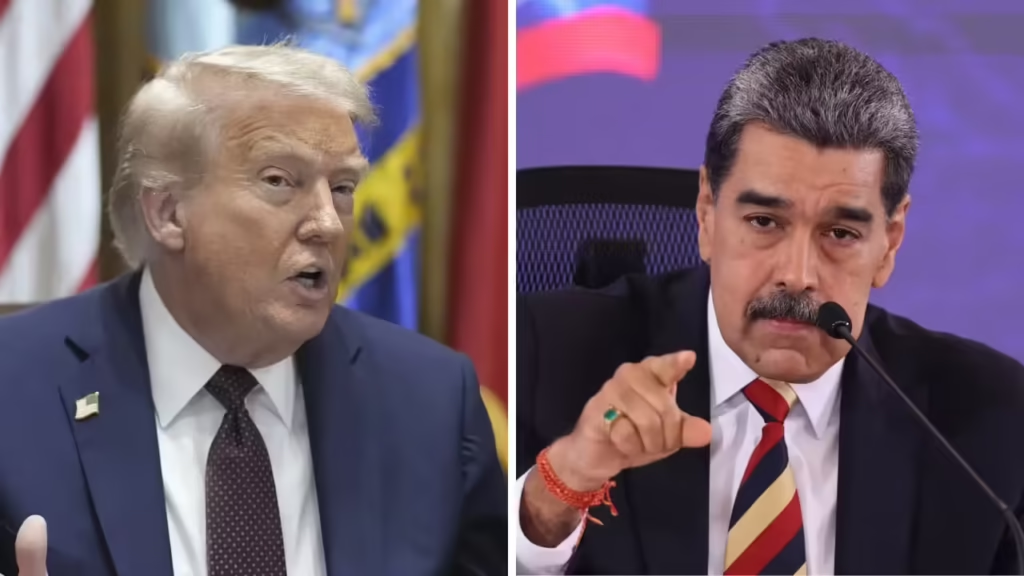
U.S. Military Deployment: A Message to Caracas
Reports confirm that the United States has positioned ten F-35 stealth fighters, a fleet of destroyers, and thousands of Marines in the Caribbean. Officially, the deployment is framed as a crackdown on drug trafficking, with Washington accusing Venezuela of serving as a “command and control hub” for the global narcotics trade.
But as security analyst Derek Johnson explained, the move carries deeper strategic meaning: “This isn’t just about stopping drugs. It’s about cutting off the regime’s funding, putting pressure on Maduro’s inner circle, and maybe even encouraging someone close to him to take the $50 million reward offered by the U.S. for information leading to his arrest.”
The United States has accused high-ranking Venezuelan officials of working hand-in-hand with terrorist groups and cartels to traffic fentanyl and other deadly substances into North America. With U.S. overdose deaths at historic highs, Trump and his team framed the mission as part of a broader campaign to protect American lives.
A Battle of Narratives
Maduro, who has long leaned on anti-U.S. sentiment to maintain power, insists that his militia represents the “soul of Venezuela” and the people’s will to resist foreign interference. However, international observers argue that his regime is isolated, increasingly reliant on external support from China, Russia, and Iran, while losing legitimacy at home.
Rachel Campos-Duffy, a prominent political commentator, described the situation as “a new sheriff in town” moment for U.S. foreign policy. “Chinese influence out, narco-dictators out — if Trump can pull this off, it could be his greatest foreign policy legacy,” she said.
Inner Circle Under Pressure
The U.S. government has made it clear that this military deployment is not only a show of force but also a calculated psychological operation. By visibly flexing military muscle while dangling lucrative rewards for defections, Washington is testing the loyalty of Maduro’s closest allies.
“Trump is brilliant in putting pressure on the entire regime,” Johnson argued. “He’s boxed Maduro into a corner. It’s just a matter of time before someone in his circle sees a future beyond his downfall and takes the deal.”
The Stakes: Law, Order, and Human Lives
For Washington, the stakes go beyond regime change. Officials argue that the flow of deadly narcotics — particularly fentanyl — into the U.S. represents a national security threat on par with terrorism.
“We’ve never seen a terrorist kill as many Americans as these drugs are killing today,” one U.S. official remarked. “Enough is enough. The consequences for Venezuela’s role in this crisis must be severe.”
For Venezuela, however, the crisis compounds an already dire humanitarian situation. Years of hyperinflation, collapsing infrastructure, and political repression have driven nearly 8 million Venezuelans to flee abroad, creating one of the largest refugee crises in the world. The prospect of U.S. intervention adds another layer of uncertainty for those still struggling inside the country.
What Happens Next?
While it remains unclear whether this confrontation will escalate into direct conflict, the combination of military deployments, economic pressure, and political isolation suggests that Washington is determined to weaken Maduro’s grip on power.
Observers note that the coming weeks will be critical: Will Maduro’s so-called militia remain loyal in the face of overwhelming U.S. pressure? Or will cracks appear in his inner circle, opening the door to a negotiated exit?
For now, one thing is clear: the world is watching closely as Venezuela, once one of South America’s wealthiest nations, sits at the center of a geopolitical storm.
